Frederica Freyberg:
I’m Frederica Freyberg. Tonight on “Here and Now” the latest on the state budget from Joint Finance Committee Co-Chair Alberta Darling. Then more Capitol Insight from WPR’s Shawn Johnson. Then a Closer Look at the Democratic proposals to help the homeless in Wisconsin. And an interview with a high school principal who has banned the use of social media apps in his building. It’s “Here and Now” for May 12.
Announcer:
Funding for “Here and Now” is provided in part by Friends of Wisconsin Public Television.
Frederica Freyberg:
A First Look tonight at the unfolding work of the legislature’s Joint Finance Committee as it fashions a state budget even in the midst of disagreement with the governor over key aspects of it. This week budget committee co-chairs said they will reject Scott Walker’s plan to go to self-insurance for state employees. But then they’re left with making up the $60 million the governor says doing so would save and that his budget puts toward K-12 education. We’re joined now by Republican Senator and Joint Finance Co-Chair Alberta Darling. Before we go to the senator we should mention that employees at Wisconsin Public Television are covered under state insurance plans. Senator, thank you very much for being here.
Alberta Darling:
Thank you for having me.
Frederica Freyberg:
Describe why you don’t want to switch to state self-insurance.
Alberta Darling:
Well, in order to switch you have to say are we going to get something that's better? That’s the key question. Less expensive and good quality. We can’t assure ourselves that that’s true. If you look at the premiums they’re projected our premiums are going to be 1.6%. And the self-insurance plan is supposed to save us 2%. So we’re already saving money in the current plan and our plan is very robust. It can be improved to have more incentives and disincentives for better choices so we’re healthier because that’s an issue in Wisconsin. We could be a healthier population. But in general, we’d be throwing out a plan that’s very robust and it really affects the free marketplace. That’s one of my biggest concerns that if we shift thousands of public employees to a self-insurance plan that we’re not even sure about, we’re going to really create a change in our free market system of healthcare. And if you talk to people nationwide, they say Wisconsin has one of the best healthcare delivery systems in the country. So we have a lot to lose, a lot to gain perhaps in the end, but right now we’re not sure there’s enough to gain to offset what we could lose. And you know what? What we could do is work within the system to save the money by having evidence-based approaches, by having more emphasis on wellness and more incentives for our employees to make better choices.
Frederica Freyberg:
So you feel as though with those kinds of changes around wellness, incentives, disincentives that you could save the $60 million that the governor says going to self-insurance would bring?
Alberta Darling:
We think we can. And our providers have said in support of our not shifting that they can provide those changes and we can have the savings. Now, I think with the federal government in disarray right now over Obamacare and many insurance companies are leaving states. In fact, Iowa is going to have maybe one insurance company left at that. And we have a robust healthcare system with insurers being very competitive and having very good packages, albeit too expensive but again we’re projecting a 1.7% increase. If you compare us over the past 10 years, we were at about 3% increase versus the 7% to 12% net nationwide. I think we have a very good product and we’re not convinced we can get a better one with self-insurance especially at this time of our history.
Frederica Freyberg:
Representative Nygren talked about how ETF had about $60 million to $80 million in reserves. Can you use that and where did it come from? Have you determined that?
Alberta Darling:
We’re going to have a meeting with Secretary Neitzel and find out where that came from with ETF. Obviously they’ve been saving money in preparation of this shift and if they can save money in this environment we can continue to save money with the evidence-based wellness incentives and disincentives approach that I mentioned earlier. But we could do it. We have a very dynamic healthcare system and our providers have said they could do even better.
Frederica Freyberg:
I want to jump to transportation. Where do you and other Republicans in the Senate stand on the Republican Assembly transportation plan rolls a flat tax in addition to a sales tax on gas among other changes?
Alberta Darling:
Well I give Dale Kooyenga a lot of credit for putting an alternative on the table. But I think in the Senate there’s not a lot of support for it because they feel there are too many increases on fees and taxes albeit he’s shifting to a possible flat tax for income tax, which would be highly desirable. But people are feeling there are too many increases in fees and it’s not worth the effort to do that. And I think that what we have to do is say look, let’s work together. Let’s work with the governor. Let’s work with the Assembly and come up with a short-term and long-term solution. We can’t keep kicking the can down the road. And my concern is the southeast has many projects that have been started. We’ve invested millions of dollars in these projects and let’s finish them. In fact, the federal government has said finish your projects. And if we don’t — if we stick with the current budget, the north leg of the zoo will not be completed until maybe four years down the road if that. And that will be a disaster for all we’ve gone through. And we won’t have access to an on and off ramp to the Medical Regional Center which is a huge attraction, a huge workforce for us. We cannot leave those people hanging out there. I think it’s not just for southeast Wisconsin. It’s for the whole economy of our state that we finish the mega projects in the southeastern Wisconsin. I talked to Frank Busalacchi about how did you do the Marquette on time and under budget? He said they made a lot of changes to the design and they made some cuts but the project went really well and it is serving our region very well. We can make better decisions and we need to do that. We can’t just delay everything. It’s going to get more expensive and our economy will be affected.
Frederica Freyberg:
We need to leave it there. Senator Alberta Darling. Thank you very much for joining us.
Alberta Darling:
Thank you for having me. I really appreciate it.
Frederica Freyberg:
It seems rare that majority of Republicans in Wisconsin are at odds with each other over major budget items. In tonight’s Capitol Insight we’re joined by Wisconsin Public Radio’s Capitol Bureau Chief Shawn Johnson to unpack the discord. And Shawn, thanks for being here.
Shawn Johnson:
Thanks for having me.
Frederica Freyberg:
The majority in the Senate and Assembly are at odds as we’ve said with each other over road funding and tax changing proposals. Where are we with all of this at week’s end?
Shawn Johnson:
I would say the gulf between them has grown over the past week at least it looks like that from a distance. We should preface this by saying they’re Republicans, they’re all Republicans, they’ve all done budgets together before. They’ll get there eventually but right now they’re nowhere near each other when it comes to transportation. There are a couple ideas that got floated this week that were almost immediately objected to.
Frederica Freyberg:
Like?
Shawn Johnson:
Like for example one was Senator Fitzgerald said, “Here’s one way that we can maybe solve the transportation issue. We borrow more only we don’t do it and back it up with the transportation fund. We back it up with the general fund which pays for schools, prisons, Medicaid. Get its money from the income and sales taxes.” He thought that might be more palatable to legislators who have issues with transportation borrowing. It was not. Assembly speaker or at least the Assembly co-chair of the budget committee said almost immediately, “No, that doesn’t change anything. We still don’t want to borrow more for roads. We’re still borrowing too much.”
Frederica Freyberg:
Does it suggest this is a really, really difficult problem?
Shawn Johnson:
I think when they start looking at these — they’re kind of thinking outside the box a little bit on these. You heard the co-chairs of the budget committee do another one of those this week and say hey, “Let’s take the transportation budget and pass it as a stand-alone bill. Get the rest of this budget done on its own. And then we do the transportation budget on its own and then maybe we get Democratic votes for that.” That was something they were open to. Again, that one was shot down almost immediately by Governor Walker’s office and Senate Majority Leader Fitzgerald's office. They don’t want to go there.
Frederica Freyberg:
Backing up a little bit from what’s happening right now, the legislature’s budget committee rejected the governor’s transportation plan. I mean that’s why they’re all here trying to figure out their own. What were the big sticking points with the governor’s transportation budget?
Shawn Johnson:
I think by and large they viewed it as another budget that didn’t come up with a long-term solution to transportation. So the state has long-term issues when it comes to transportation funding. There are a lot of big projects that lawmakers want to move forward with but over the last decade or so, they haven’t come up with new money, really, to move forward with those projects. They’ve continually borrowed. That borrowing has added up to the point that, you know, at the end of this budget, 22 cents of every dollar of transportation revenue would be going to pay off old debts. So think of that like paying off interest on a credit card. That’s a lot of money. Those are their big issues with the problems. It doesn’t fund all the projects they want and it continues to borrow.
Frederica Freyberg:
Is this one of those budgets do you suppose that goes well into the summer?
Shawn Johnson:
It could. I mean the last time they split off the transportation budget I think was 1995 or at least that was one of the times they did it and just looking back in the legislature’s records looked like they wrapped that up around November. Again, they had the biggest Republican majorities in decades here. They could reach a deal any day now. But doesn’t look like it.
Frederica Freyberg:
On another of the governor’s proposals, this idea of going to self-insurance. How surprising is it to you and other kind of capitol observers that Republican budget writers are just outright rejecting that?
Shawn Johnson:
Not surprising in the sense they’ve sent signs they didn’t like it for quite a while now. They are not sure that the savings that the governor’s office has latched onto would be there. And you’re changing a pretty huge insurance market to try to get that $60 million over the next couple years. Not a huge payoff for disrupting the entire system.
Frederica Freyberg:
Now, the Joint Finance Committee and the budget writers haven’t even gotten to the university budget and all those things having to do with tuition cuts and performance metrics and that kind of thing. How gnarly is that going to be?
Shawn Johnson:
I think that the university and anyone else is going to be watching the budget pretty closely because if you’re pulling out that money that was going to be there through this projected savings on self-insurance, for example. That money’s not going to be there. Where’s it going to come from? There’s a lot of areas that could be targets to find that extra money if the legislature still wants to spend more money on K-12 public education.
Frederica Freyberg:
We'll leave it there, Shawn, thanks.
Shawn Johnson:
You're welcome.
Frederica Freyberg:
At this time last week we heard from Lieutenant Governor Rebecca Kleefisch on her new role as the chair of a proposed interagency council on homelessness. That council is called for in one of four bills passed in the Assembly. Bills designed to help the homeless population in Wisconsin. In tonight’s Closer look, another package of bills to aid the homeless is being introduced by a Democratic state lawmaker. These bills would increase government vouchers to pay for housing, fund a program to help prevent evictions in cases of a temporary financial crisis and increase funding to “Housing First” programs among other measure. In all, according to the author her bills would triple spending in Wisconsin for the homeless to $10 million. Representative Lisa Subeck is here. And thanks for being here.
Lisa Subeck:
Thank you for having me.
Frederica Freyberg:
I know that you worked with the homeless population in your role at the YWCA. What is your response to the Republican bills?
Lisa Subeck:
The Republican package of bills that came before us sadly just didn’t really get at the problem of homelessness. They create a council, we had a council. It wrote a plan. The plan sat on a shelf for the last almost 10 years now. Now we have another council and my fear is this council will write another plan that will simply sit on a shelf. It’s easy to do feel-good proposals like this but it’s a lot harder to actually say let’s put the resources behind it. Let’s do what we know works. And at this point, we have the advantage of knowing what works. Much research has been done. We know what the evidence-based best practices are. And those are rooted in what’s called Housing First. So the package of bills that I've brought forward really follow that Housing First strategy of helping people get into housing and then once they’re in housing, wrapping the services around them to ensure that they’re able to stay there.
Frederica Freyberg:
Isn’t that super expensive, though?
Lisa Subeck:
You know it’s actually a remarkably cost effective approach because of the amount that we are already spending on the issue of homelessness when you consider that somebody who is chronically homeless. Somebody who is chronically homeless is living on the streets, often upwards of 12 months, sometimes over a period of years in various intervals. The amount we pay in law enforcement and the amount that we pay in emergency medical care to serve that population is so much greater than what it would cost to get that individual in housing, to wrap the services around them and move them toward self-sufficiency.
Frederica Freyberg:
Now one thing that Lieutenant Governor Kleefisch said was that Housing First in her belief works best for dual diagnosis, people with mental illness and some kind of an addiction problem. Is that true?
Lisa Subeck:
Certainly “Housing First” is a concept. But there was a very specific “Housing First” program in Milwaukee and we’ve seen similar programs here in Madison. We have a building on the east side, in other parts of state and other states. When you look at that because you need an intense level of services, the full “Housing First” model really works of actually providing the housing. My bills actually take a little bit of an expanded approach on that. We include some money for “Housing First” programs. In fact, a substantial amount currently the state gives $300,000 in housing grants and we would increase that by $2 1/2 million in order to invest in “Housing First” and “Rapid Rehousing.” “Rapid Rehousing” is often for people without quite as high of needs but to get them out of shelters quickly and into new housing, you infuse those “Housing First”-like services during those first couple months after a period of homelessness.
Frederica Freyberg:
It sounds like people like you, people like the lieutenant governor, many people really want to work on this issue and I know that of the four bills that were passed in the Assembly, you voted in favor of two of them. So is there an effort or can there be an effort to work in a bipartisan way on this?
Lisa Subeck:
Sure, I absolutely think there can be. I mean I think the sad thing about the Republican bills was that they didn’t take this next step of actually putting resources into solving the problem of homelessness. We’ve spent enough years with pilot programs and councils and things that certainly address the problem but they address out loud. They address it by talking about it and we need to start addressing it by doing something. The bills that I've put forward would start to make that crucial investment. The Council To End Homelessness in Wisconsin, which is the council that helped form — the group that helped form this government council, there’s a couple council — has advised us Wisconsin needs to at a very start, triple its investment in homelessness. So that is what we’re doing here. We’re saying we have to stop the bleeding. We can’t put Band-Aids on gaping wounds.
Frederica Freyberg:
And yet I understand that even that amount of infusion of resources pales in comparison to what neighboring states are spending.
Lisa Subeck:
Absolutely. The state of Minnesota spends $45 million on addressing homelessness. The state of Minnesota, between 2012 and 2015, the latest data we have for them has reduced their homeless population by almost 10%. Here in Wisconsin, our homeless population increased by double digits during that time.
Frederica Freyberg:
What do you think the appetite is in the full legislature and the administration for putting these kinds of resources toward this issue when we’re already dealing with transportation funding problems and K-12 and the university, etc.?
Lisa Subeck:
You know, it’s about priorities. I think that we need to make homelessness a priority. It is costing us more right now. It is costing us more to pay for law enforcement to deal with homeless people on our streets. It’s costing us more to keep homeless children in our schools and get them taxi cabs or other transportation day-to-day as they move from night to night. It is costing us so much more not to address the problem than it would to actually address the problem so the appetite certainly should be there.
Frederica Freyberg:
Representative Lisa Subeck. Thanks very much.
Lisa Subeck:
Thank you for having me.
Frederica Freyberg:
Four Madison schools this month turned off Wi-Fi to some 30 popular social media phone apps used by students during the day trying to prevent what one high school principal calls the zombie walk. It’s a Madison School District pilot effort to see whether disconnecting from social media helps students’ grades, behavior and safety. Madison East High School Principal Mike Hernandez joins us with more. And thanks for being here.
Mike Hernandez:
No problem.
Frederica Freyberg:
You’re the one who coined the zombie walk. What is that? What do you see?
Mike Hernandez:
When students are walking down the hall head down, not acknowledging or interacting with anybody just staring at their phone.
Frederica Freyberg:
Are students using their phones and accessing these apps during class?
Mike Hernandez:
I'm sure it happens, yes.
Frederica Freyberg:
And it wasn’t very long ago — I'll say four years ago when my kids were in high school, there was a thing that was “Tag it and bag it.” They were not allowed to have these cell phones in the school during the day at all. They were confiscated. So I guess the schools lost that battle in a big way?
Mike Hernandez:
I wouldn’t say it was a battle. It’s more along the lines of safety. Unfortunately in today’s time. If something unfortunate happened, parents would like the ability to get in touch with their kids. So it’s not a “tag it or bag it.” It’s students we have. We want it off and put away.
Frederica Freyberg:
And have you seen, since this went into effect, a change in the students and their behavior and their engagement?
Mike Hernandez:
It’s been two weeks since we started the pilot. We’ve been monitoring it. Pulling in students and talking about it. Yes, we’ve seen a marked change in both class as well as in the hallways.
Frederica Freyberg:
What about the students’ reaction?
Mike Hernandez:
So before we did this, we prepped students. We talked with advisory groups. Spoke with different groups of students and they kind of talked to their peers. I think that students understood the rationale of why we wanted to do this. Why I pushed hard to have this done. There are some that were upset. But at the end of the day I think people understood why I wanted to try this.
Frederica Freyberg:
What about the parents?
Mike Hernandez:
I have had much support of the parents. There’s a few that ask some questions and ask us how are we going to quantify the data that we’re collecting. But I think pretty supportive.
Frederica Freyberg:
Other than the zombie walk and being kind of disengaged in the school day, what are the harms of using these apps?
Mike Hernandez:
Well, what we were finding is sometimes when students would make — a few students would be making poor choices. They would get onto certain apps or certain sites and they could set up a time to hey, we’re all going to meet at this point or this. Facebook live, if students did get into an altercation or an argument it was on social media and it was blown up. There was just some poor choices made with it.
Frederica Freyberg:
Already, though, I've read that students have kind of defeated this and they’re now able to get on these apps with a different kind of private network or something?
Mike Hernandez:
So it’s — I look at it as this. It’s almost a game of chess, right? Yes, immediately there was a — we started it on Monday, Tuesday afternoon some students figured out what the password was. So then we then set up a system in which it changed the password. A few students have then looked at different ways to mirror or to be able to log in from home. At the end of the day there’s some energy being spent on this. For the majority of the students right now we have them a little bit more or more engaged in school.
Frederica Freyberg:
Students could also, though, on the technology side of this, they could — couldn’t they access these applications using data as opposed to Wi-Fi?
Mike Hernandez:
Yes, ma’am.
Frederica Freyberg:
That has gotta be a concern as well for parents in particular who probably pay for these plans?
Mike Hernandez:
Yes, that’s why I sent a letter home a week before just foreshadowing this was happening. And then encouraged parents to have conversations with their students or their children to talk about using data wisely. Because what I don’t want to happen is at the end of the month have a $300 or $400 bill. There’s going to be anger there. Might be at the child but it’s also going to be at the school. I just had to again foreshadow this with the parents and tell them the reason why I wanted to go down this path.
Frederica Freyberg:
How long will this pilot last for?
Mike Hernandez:
Till the end the school year June 9th. And then from there, as I mentioned, we’ve been talking with students. Walking around asking staff as well. I'll do some similar over the summer. And then we’ll make a decision will this continue for next year?
Frederica Freyberg:
Will you be looking at measuring the changes in behavior and engagement as well?
Mike Hernandez:
We have been. The behavior component is a little easier. The engagement component, attendance, tardy, being tardy or not. Those are — but it’s really gonna be more of the conversational. My hope is and again a theory is, as they now are more engaged in class, GPAs, credit attainment will go up. Now granted it’s only six weeks. Two-thirds of the fourth quarter. It might not change everything now because we started so late in. But you had to start sometime. My hope is that we again start it next year.
Frederica Freyberg:
Great. Principal Hernandez, thanks very much.
Mike Hernandez:
No problem. Thank you for having me.
Frederica Freyberg:
Now news from our partners at WisContext. Journalists there continue their extensive reporting on the use and tracking of synthetic opioids. These are powerful heroin-like drugs including the large animal tranquilizer Carfentanil. Milwaukee saw its first confirmed deaths from it last month. Users can unknowingly ingest these synthetics and fatally overdose. As WisContext reporter Scott Gordon found out toxicology labs like the Wisconsin State Laboratory of Hygiene are working to keep up with the novel combination so law enforcement and health officials can understand and prevent their spread.
Scott Gordon:
Wisconsin is seeing more overdose deaths that involve Carfentanil and Fentanyl. But also occasionally seeing more of these synthetic opioids that have a chemical structure very similar to Fentanyl but are just different enough that they might circumvent the usual lab tests for Fentanyl. When people are doing toxicology tests, often they usually go in knowing they’re looking for a specific set of things. The thing that’s difficult about some of these synthetic opioids they’re being illicitly manufactured in a lot of cases. There isn’t really a good frame of reference for how much should be in a person’s system because they’ve never been used in normal medical context. And they can be really potent in trace elements. All of which makes it hard for people to keep up when they are doing toxicology testing and trying to track the impact of different drugs around the state.
Frederica Freyberg:
Now for election-related news at the state capitol. An Assembly committee voted to send a GOP measure to the full Assembly that would limit when presidential, state and local recounts could take place. Under the new bill only candidates who trail by 1% or less would be able to request a recount. Under the current law any candidate can request a recount regardless of the margin of loss. The bill would also limit the amount of time after a vote that a candidate has to request a recount. And finally tonight, Hollywood comes to UW-Madison this weekend for its commencement ceremonies. Steve Levitan, co-creator and producer of the hit television show “Modern Family” is the keynote commencement speaker at Camp Randall. Levitan received his B.A. in Communication Arts from UW-Madison in 1984. That’s our program for tonight. I’m Frederica Freyberg. Have a great weekend.
Announcer:
Funding for “Here and Now” is provided in part by Friends of Wisconsin Public Television.
Search Episodes
News Stories from PBS Wisconsin
09/10/25
Federal funding to programs to support students with deafblindness cut in Wisconsin and other states
09/09/25
Worker’s compensation payments to the severely injured in Wisconsin haven’t increased since 2016
09/08/25
Wisconsin legislative feud erupts in public with lawmaker accused of threatening fellow legislators

Donate to sign up. Activate and sign in to Passport. It's that easy to help PBS Wisconsin serve your community through media that educates, inspires, and entertains.
Make your membership gift today
Only for new users: Activate Passport using your code or email address
Already a member?
Look up my account
Need some help? Go to FAQ or visit PBS Passport Help
Need help accessing PBS Wisconsin anywhere?

Online Access | Platform & Device Access | Cable or Satellite Access | Over-The-Air Access
Visit Access Guide
Need help accessing PBS Wisconsin anywhere?

Visit Our
Live TV Access Guide
Online AccessPlatform & Device Access
Cable or Satellite Access
Over-The-Air Access
Visit Access Guide
 Passport
Passport



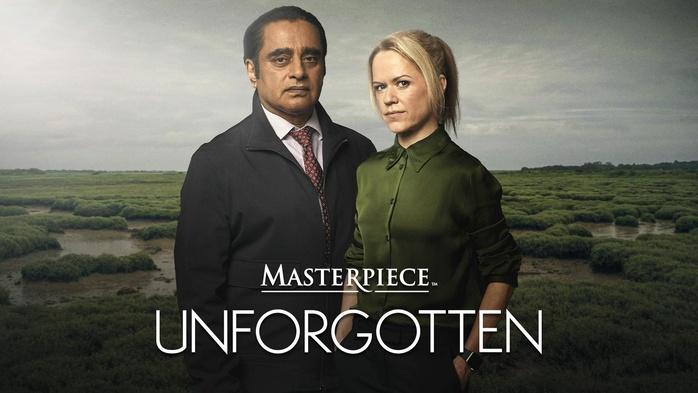


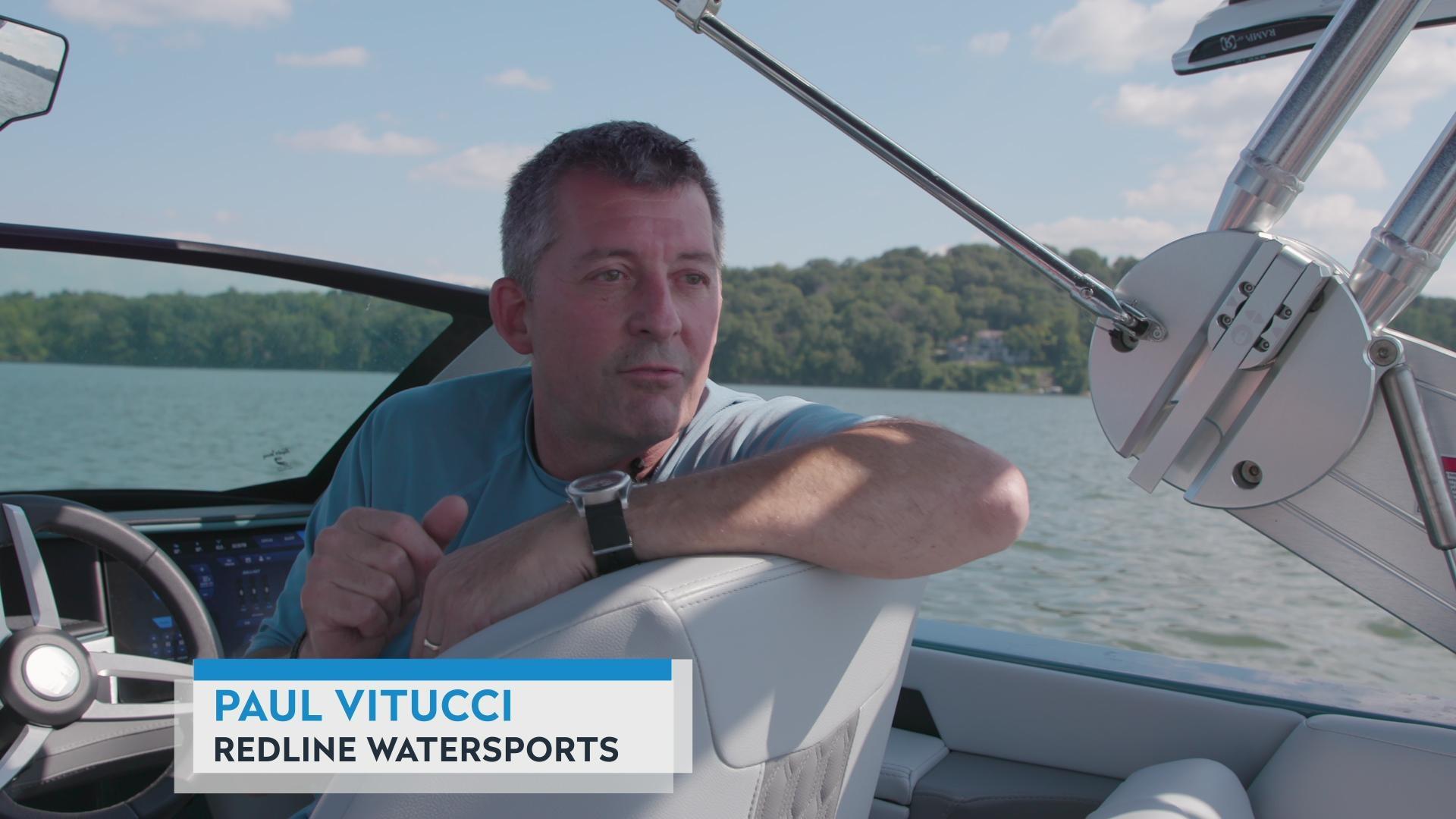
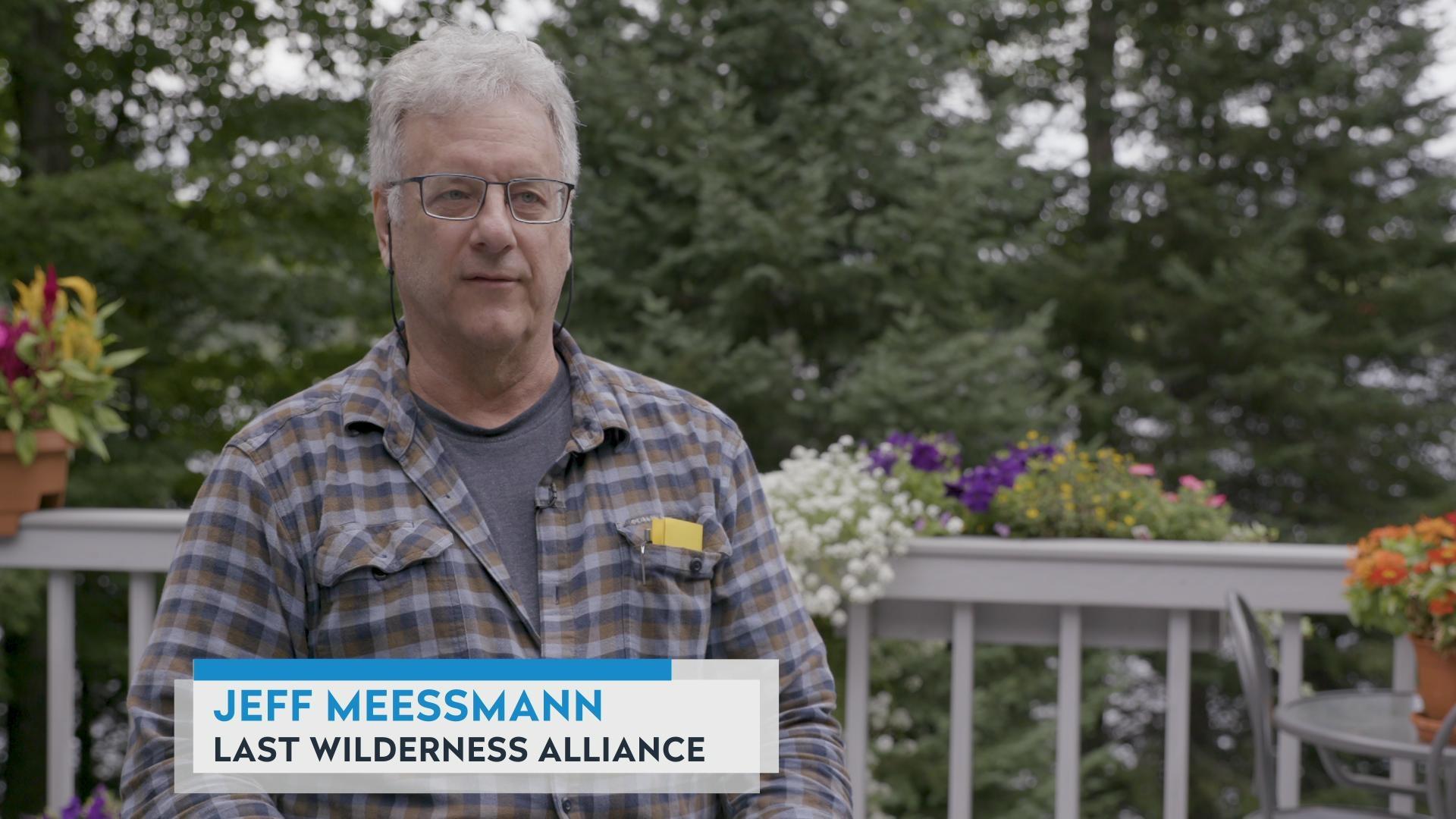

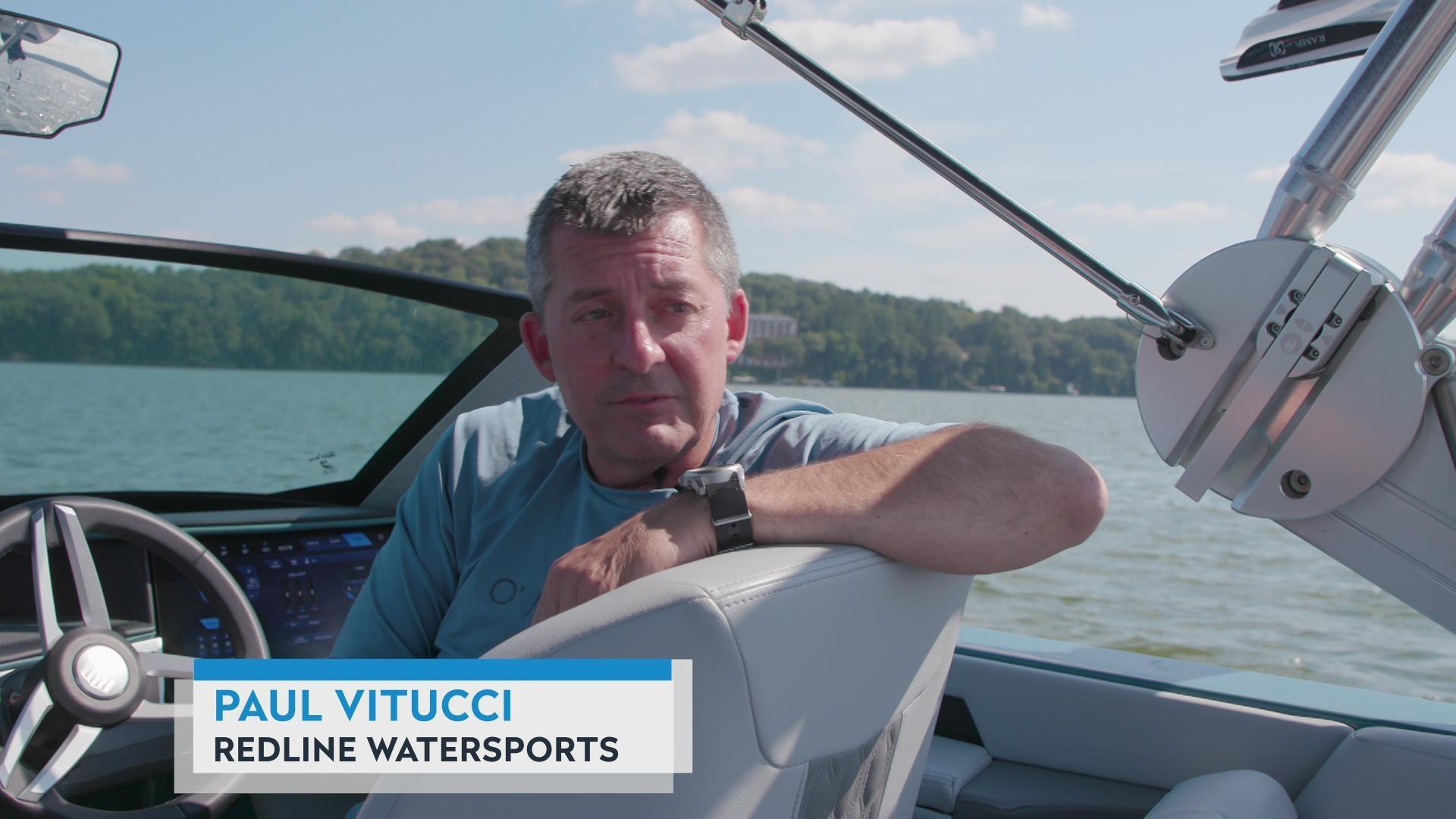
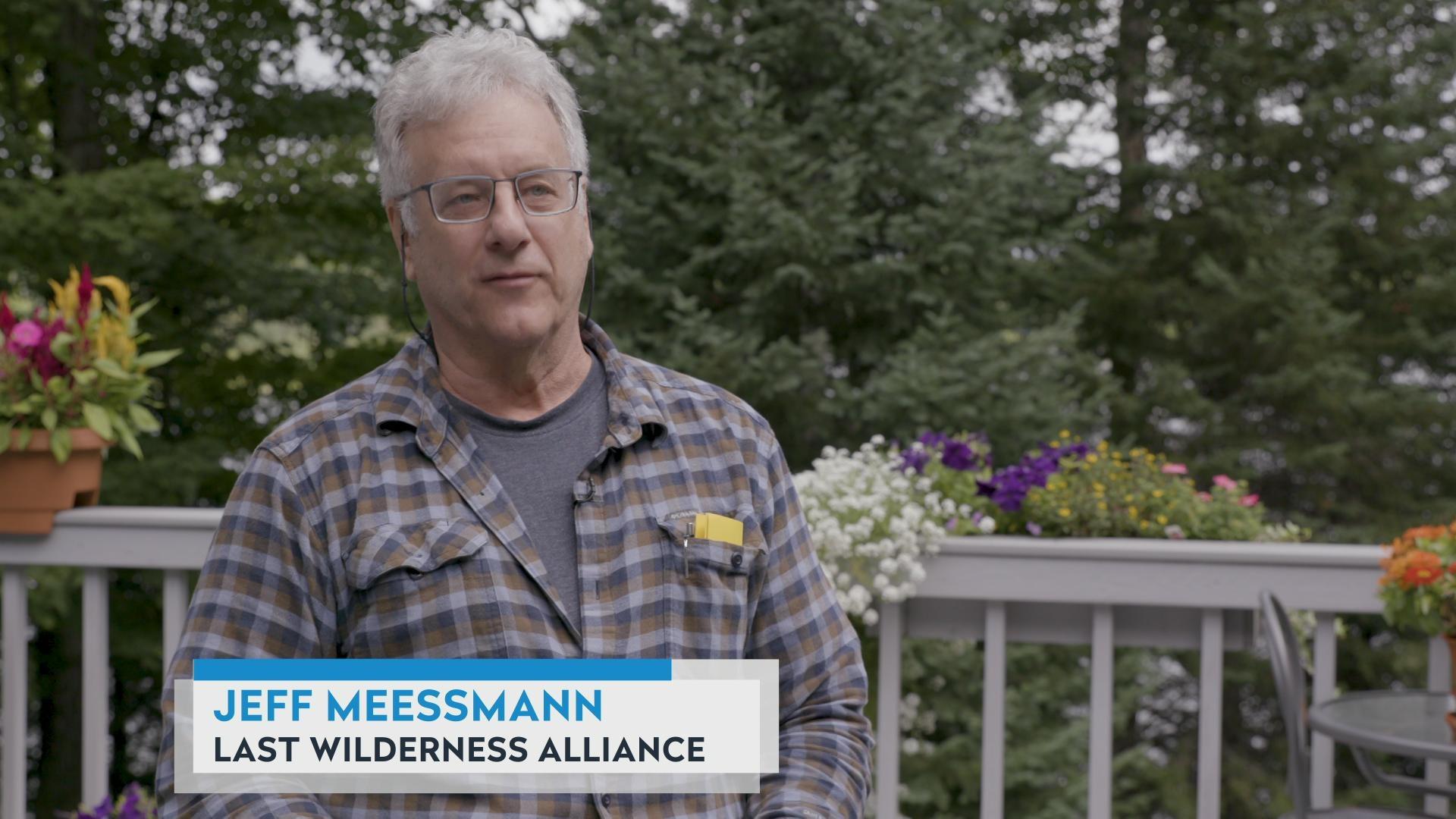
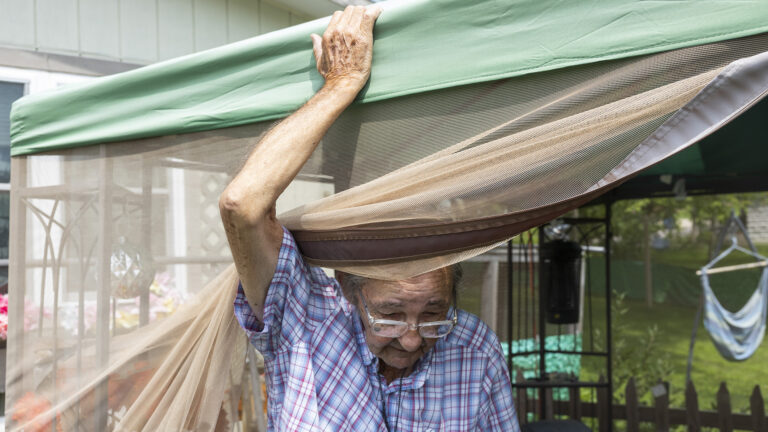
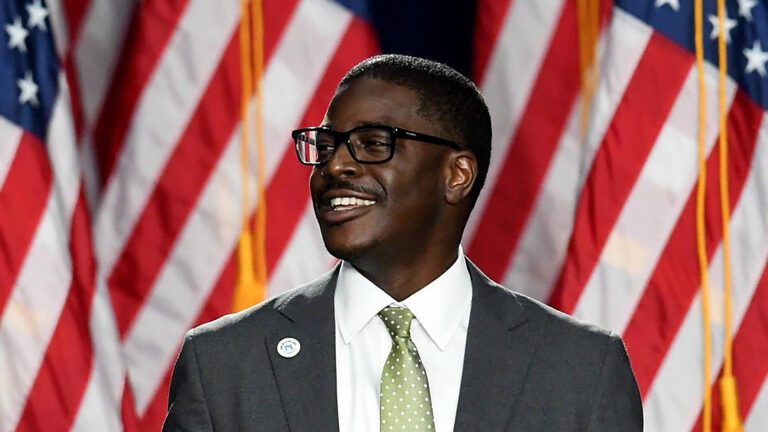

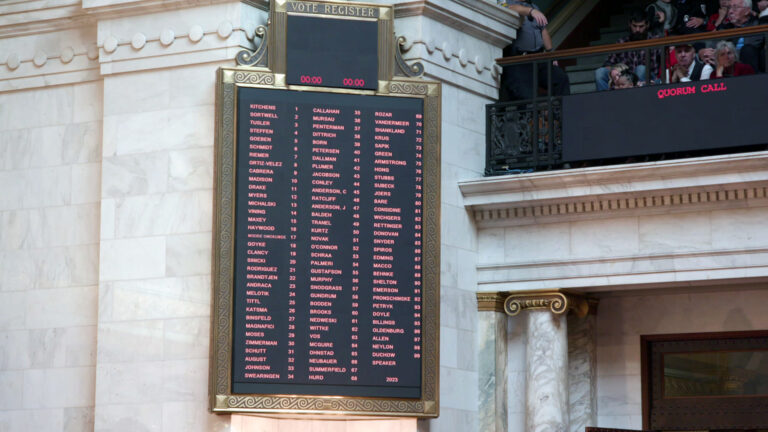
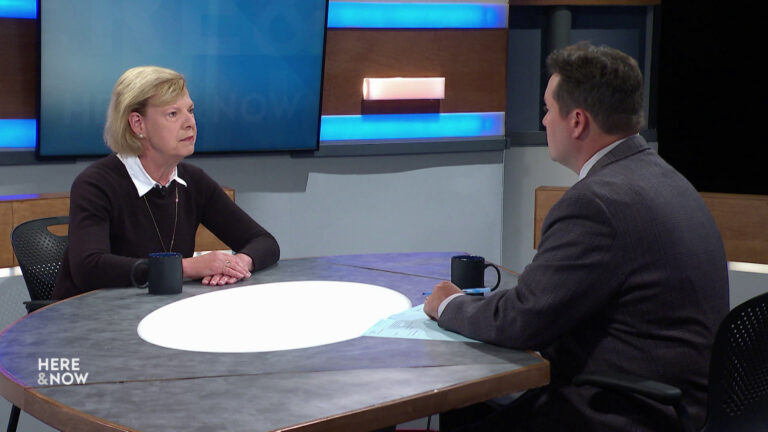


Follow Us